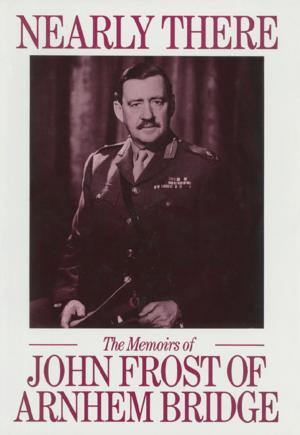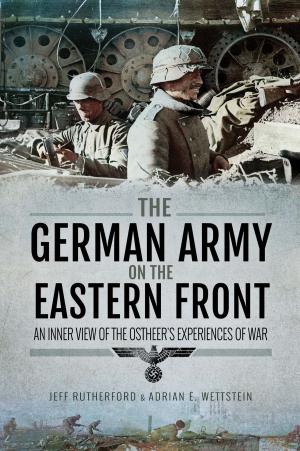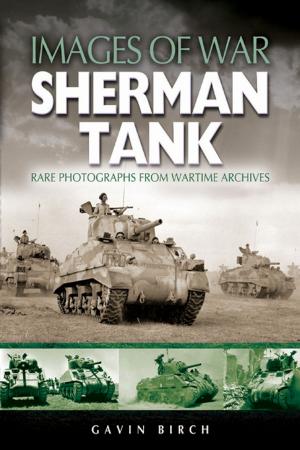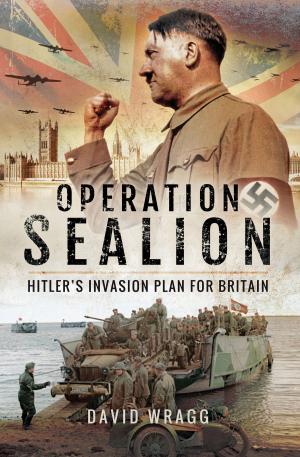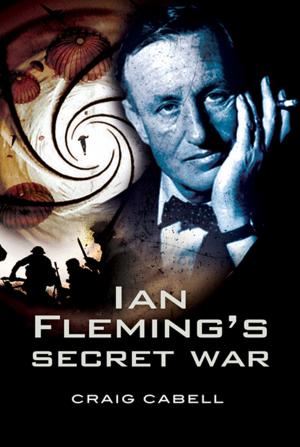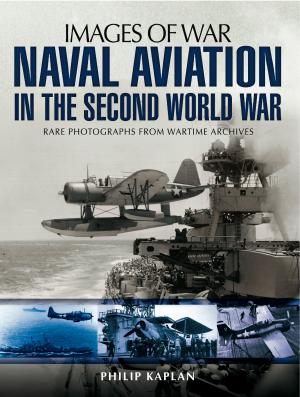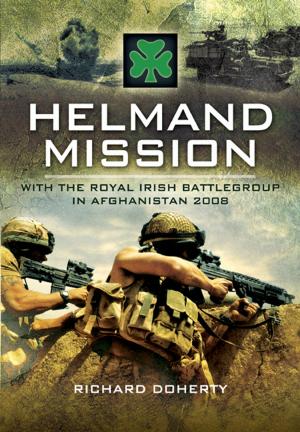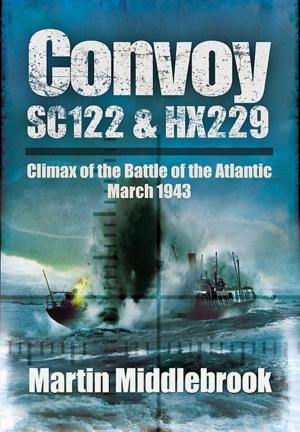Iran-Iraq War
The Lion of Babylon, 1980–1988
Nonfiction, History, Middle East, Israel, Modern, 20th Century| Author: | Anthony Tucker-Jones | ISBN: | 9781526728586 |
| Publisher: | Pen and Sword | Publication: | June 30, 2018 |
| Imprint: | Pen and Sword Military | Language: | English |
| Author: | Anthony Tucker-Jones |
| ISBN: | 9781526728586 |
| Publisher: | Pen and Sword |
| Publication: | June 30, 2018 |
| Imprint: | Pen and Sword Military |
| Language: | English |
The bloody eight-year Iran-Iraq war is now almost forgotten, overshadowed by the subsequent Gulf War and Iraq War. However, it is best remembered for the unique so-called ‘Tanker War’ which threatened to strangle the world’s oil supplies. At the time Tucker-Jones as a defence analyst wrote extensively on the war and now brings his expertise to bear with this account of a conflict fuelled by festering regional rivalries, the Cold War and the emerging threat posed by militant Shia Islam.
Fought on land, at sea and in the air using some of the most modern weapons money could buy, Western-backed Saddam Hussein’s Sunni Iraq and Shia Iran under the ayatollahs fought themselves to a standstill. Once Saddam’s armoured blitzkrieg had been halted and Iran’s human-wave counterattacks fought off, it became a war of attrition with major battles fought for the possession of Khorramshahr and Basra. Both sides resorted to chemical weapons and bombarding each other with missiles. When the war spilled over into the waters of the Gulf it sparked open Western intervention. Escalating attacks on oil tankers finally culminated in a ceasefire.
The bloody eight-year Iran-Iraq war is now almost forgotten, overshadowed by the subsequent Gulf War and Iraq War. However, it is best remembered for the unique so-called ‘Tanker War’ which threatened to strangle the world’s oil supplies. At the time Tucker-Jones as a defence analyst wrote extensively on the war and now brings his expertise to bear with this account of a conflict fuelled by festering regional rivalries, the Cold War and the emerging threat posed by militant Shia Islam.
Fought on land, at sea and in the air using some of the most modern weapons money could buy, Western-backed Saddam Hussein’s Sunni Iraq and Shia Iran under the ayatollahs fought themselves to a standstill. Once Saddam’s armoured blitzkrieg had been halted and Iran’s human-wave counterattacks fought off, it became a war of attrition with major battles fought for the possession of Khorramshahr and Basra. Both sides resorted to chemical weapons and bombarding each other with missiles. When the war spilled over into the waters of the Gulf it sparked open Western intervention. Escalating attacks on oil tankers finally culminated in a ceasefire.

